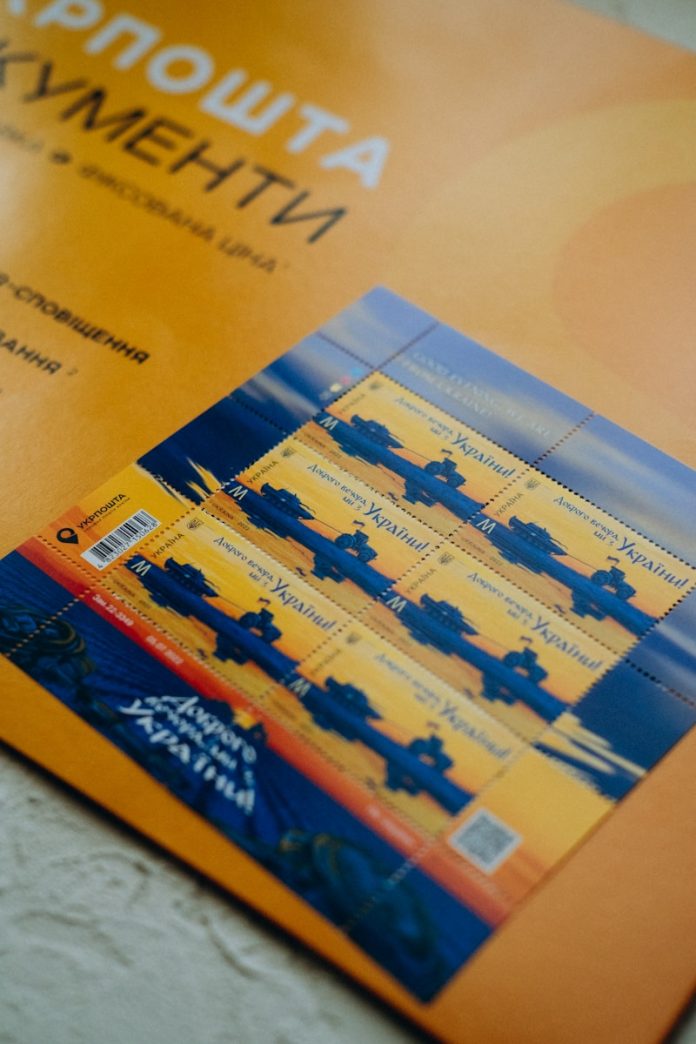Attending live events—whether it’s a concert, sports game, theater performance, or any other highly anticipated gathering—is a thrilling experience. The excitement of seeing your favorite artist or team in person, immersing yourself in the electric atmosphere, and creating lasting memories with friends or family is unmatched. However, the rise of counterfeit tickets has made the experience more complicated than ever. As technology advances, so do the tactics of scammers looking to exploit people’s eagerness to attend these events. Fake tickets are becoming harder to spot, but with the right knowledge and precautions, you can protect yourself from falling victim to this growing problem.
Understanding Fake Tickets: A Growing Issue
Fake tickets are not a new phenomenon, but they have become more sophisticated with time. These tickets are either entirely fabricated or altered versions of real ones. While some counterfeit tickets are printed on cheap paper with noticeable defects, others can look so identical to the genuine article that only an expert could tell the difference. In some cases, counterfeit tickets are sold through online platforms or third-party sellers, where scammers can easily hide behind anonymous identities.
Ticket fraud can occur in a variety of ways. For example, a scammer might take advantage of limited availability for a high-demand event and sell counterfeit tickets at inflated prices. Alternatively, they could use legitimate ticket reselling platforms to deceive buyers into purchasing fake tickets. Another tactic involves the use of stolen or duplicated barcodes, which can easily be used to gain entry multiple times, rendering the original ticket invalid.
Given the prevalence of this issue, it’s crucial to know how to spot and avoid fake tickets, ensuring that your experience remains enjoyable and stress-free. Here are some tips and strategies to help you avoid being scammed.
- Buy Tickets from Official Sources
The first and most straightforward tip for avoiding fake tickets is to always purchase them from official sources. This includes:
Event Organizers: Always check the event’s official website for ticket sales. Event organizers typically provide clear instructions on how to purchase tickets, whether directly or through authorized vendors.
Official Ticketing Platforms: Major ticketing platforms such as Ticketmaster, Eventbrite, AXS, or the venue’s website are safe places to buy tickets. These companies have strict security measures in place to prevent fraud, and they offer guarantees for ticket authenticity.
Authorized Resellers: If tickets are sold out, use an authorized resale platform, such as Ticketmaster’s Fan-to-Fan Resale or StubHub’s Verified Resale. These platforms verify the authenticity of tickets and often have built-in protections for buyers.
When buying tickets from third-party websites or social media platforms, proceed with caution. While platforms like Facebook Marketplace or Craigslist may offer tickets at a lower price, they are rife with scams. Scammers often prey on buyers who seek deals that are too good to pass up, which leads to the exchange of fake tickets.
- Be Wary of Unrealistic Prices
One of the biggest red flags when purchasing tickets from unofficial sources is an abnormally low price. If someone is offering tickets for a popular event at a significantly discounted rate, this is usually a sign that something is wrong. Counterfeit ticket sellers often lure buyers with the promise of great deals, but these low prices typically come at a hidden cost—the loss of money spent on fake tickets that won’t gain you entry to the event.
While it’s true that some sellers may offer legitimate tickets for a reduced price due to personal reasons (like not being able to attend the event), be especially skeptical if the price seems too good to be true. Research the average market price for tickets and compare them before making a purchase. If a seller is offering tickets well below the market price, it’s likely that they are fraudulent.
- Examine the Ticket Design
Real tickets have specific security features that are difficult to replicate. While this may not be an option for all buyers, especially when purchasing tickets online, if you can examine the physical ticket before purchasing, take note of the following:
High-Quality Printing: Real tickets often have a clear, sharp print with high-resolution images. Fake tickets, on the other hand, may show blurry or fuzzy text and images. Poor print quality is one of the easiest ways to spot a counterfeit ticket.
Holograms and Watermarks: Many tickets incorporate holograms or watermarks as security features. These features are difficult to copy accurately, and a counterfeit ticket may lack them altogether. If you can inspect the ticket physically, hold it at different angles to see if any holograms or watermarks appear.
Barcode Authenticity: One of the most common security features of modern tickets is the barcode, which is scanned for entry. Scammers often copy barcodes from legitimate tickets and sell them to multiple buyers, which makes the ticket invalid when scanned. If you’re buying a physical ticket, check the barcode closely. Some counterfeit tickets may have a blurry or mismatched barcode. You can also use apps or websites to scan the barcode ahead of time to verify that it is legitimate.
Ticket Material: Real tickets often have unique paper or material that feels different from standard printer paper. Counterfeit tickets are usually printed on low-quality, flimsy paper.
- Verify the Ticket Online
If you’re purchasing a digital ticket, you can take additional steps to verify its legitimacy before finalizing the transaction:
Look for Ticket Serial Numbers: Many ticketing platforms provide a unique serial number for each ticket. If you can get a serial number, you can check it directly on the platform or venue website to confirm the ticket’s authenticity.
Check for a Digital Barcode: Similar to physical tickets, digital tickets often have barcodes. Before purchasing, verify the barcode on the seller’s platform or ticket website. Some event organizers provide links for ticket validation, allowing buyers to verify tickets before arriving at the venue.
Contact the Event Organizer: If you’re unsure about the ticket’s authenticity, you can reach out to the event organizer or venue. They can check the validity of a ticket number or barcode in their system, saving you from purchasing a fake.
- Trust Your Instincts and Avoid Rush Purchases
One of the most important aspects of avoiding fake tickets is taking the time to do your research. Scammers often prey on people who are in a hurry or desperate to get tickets for a sold-out event. They use urgency and high-pressure tactics to push potential buyers into making hasty decisions without verifying the seller or the ticket’s authenticity.
Trust your instincts—if something doesn’t feel right, don’t proceed with the purchase. Always take a step back, and ensure that you are buying from a reliable and trusted source. Double-check the seller’s reputation, look for customer reviews, and make sure the ticketing platform you’re using offers buyer protection.
- Use Secure Payment Methods
When purchasing tickets, the method of payment you use can also provide an extra layer of protection. Avoid using wire transfers, money orders, or other untraceable payment methods when buying tickets from a third-party seller. Instead, use secure payment methods such as credit cards, PayPal, or other platforms that offer fraud protection. Many credit card companies also offer chargeback protection if the ticket turns out to be fake.


